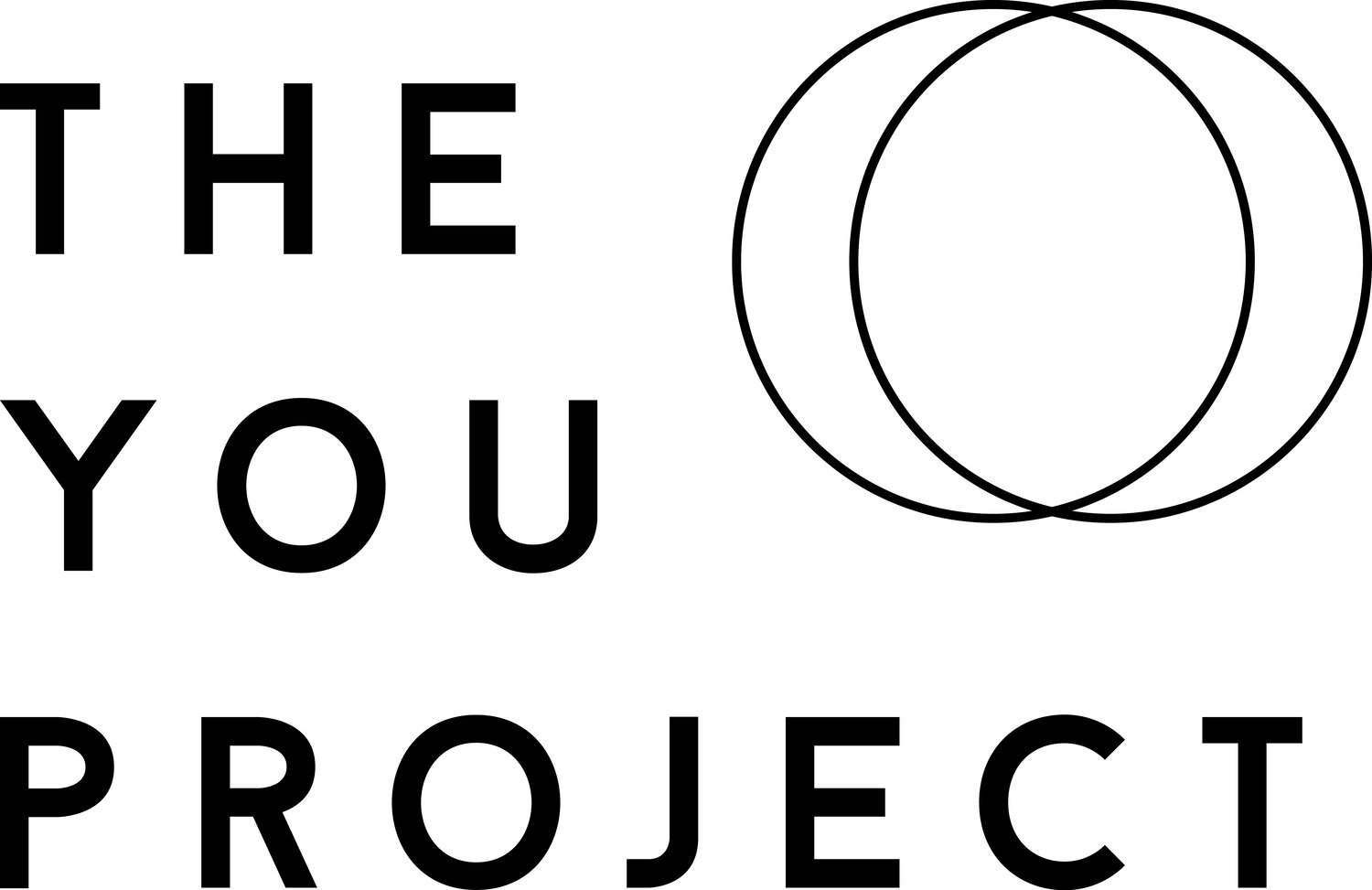Self-doubt. The most common phrase I’m hearing.
Do you have moments wondering “What on earth am I doing?” or observing a serious lack of trust in yourself? If there’s one term I’ve heard in abundance lately it’s “I have self-doubt”. Whether I’m networking, working with clients or chatting with friends it seems we all have moments of self-doubt running parallel with a case of the speed wobbles. Many of us become paralysed by it, leaving us running round in circles.
Self-doubt is defined as a lack of confidence in one’s self and ones abilities. So why is it self-doubt is making such an appearance at a time when we have content galore to help grow our confidence, positive mentoring a phone call away and app’s at our fingertips to solve every problem?
And oh the irony. I have been sitting on completing this blog for a good few weeks. Then it hit me. I had doubt around my abilities and experience to write about this topic. I finally had the realisation that much of this inner chit chat had no substance. So I did some research, delved into what I know from hours of coaching and here’s what I learned.
Self-doubt comes in all shapes and sizes. I’m not sure I’m smart enough to get ahead at work. I’m not good at maintaining friendships. I’ll never be able to reach my goal weight. But what it all boils down to the old chestnut, belief and fear of I’m not good enough. You are good enough of course but right at this minute you are very much not buying that story and instead choosing to not back yourself.
Imposter syndrome is a classic phrase closely linked with self-doubt. I feel like I’m completely winging it and one day everyone will find out I’m a fake. Wow, if I had a dollar for every time I heard that cracker! The ultimate in doubting ourselves at work, not trusting or believing in our abilities. Sure, there are folks out there who are totally winging it but for most of us we have the knowledge, experience and practical know how to be in a role. So why put energy into believing we’ll be caught out? Well, my friends it’s been noted that this doubting business also appears to function exceptionally well as a phenomenal excuse card for not stepping up, pushing harder or going further.
Is there a quick fix for self-doubt? Not exactly as it often stems from stories from our past that we’re holding onto. Whether they be real or imagined, if we’re holding onto resentment, guilt, shame for mistakes of the past they will all lead to self-doubt. Often many people fear they will repeat their own past mistakes or from something a parent has done. And as we know the more we focus on this fears the more likely it is to come to fruition.
In order to overcome self-doubt we need to consistently practice self-forgiveness and self-compassion. As well as doing ourselves a big favour – drop the judgement. How harshly we judge others is a direct reflection of how harshly we are judging ourselves. The same goes for those of us with perfectionist tendencies.
According to a special report Loving You in the spring edition of Wellbeing Australia , if you doubt yourself you are settling for less. To move away from this they suggest we put our attention towards self-empowerment. Acknowledge you create your world and own your choices – no need for external approval or apologies required. We would also want to focus on self-expression – how open are you with your communication style? Do you let have a creative outlet? How authentic is it?
The way our minds are wired for survival we will always find a bit of self-doubt popping up but how much power will you give it?
It’s your choice.


